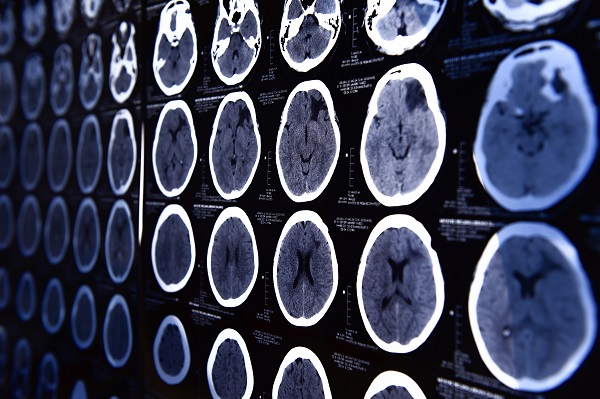
Brain injuries can have a profound impact on crash victims.
Navigating the aftermath of a car accident in Maryland can be overwhelming, especially when it results in a traumatic brain injury (TBI). These injuries, often stemming from the forceful impact of motor vehicle collisions, can have deep and lasting effects on individuals' lives.
If you or a loved one has suffered a head or brain injury in a car accident, you may be facing significant medical bills, long-term expenses, and emotional distress. In such challenging times, seeking legal guidance from a knowledgeable brain injury lawyer can make all the difference in securing the compensation you deserve to cover these costs and move forward with your life.
Head and brain injuries from crashes
Car accidents can lead to a variety of head and brain injuries, each with its own set of challenges and recovery processes:
- Concussion: Often classified as a "mild" traumatic brain injury (mTBI), concussions can still have serious impacts. They occur when the brain is shaken inside the skull, leading to temporary disruptions in brain function. Symptoms can include headaches, confusion, dizziness, and memory issues.
- Contusion: A contusion is essentially a bruise on the brain caused by a direct impact to the head. Larger contusions may require surgical intervention to alleviate pressure on the brain.
- Diffuse Axonal Injury (DAI): This type of injury happens when the brain rapidly shifts inside the skull, stretching and damaging the brain's long connecting nerve fibers (axons). It can lead to a range of functional impairments or coma.
- Traumatic Subarachnoid Hemorrhage (tSAH): tSAH involves bleeding into the space surrounding the brain. This can lead to increased pressure inside the skull, potentially causing widespread and serious damage to brain tissue.
- Penetrating Injury: When an object breaks through the skull and enters the brain tissue, it can cause severe and localized damage. This type of injury is often life-threatening and requires immediate medical attention.
- Skull Fractures: Direct impacts can cause skull fractures, varying in type and severity. Linear, depressed, diastatic, or basilar fractures may occur, leading to potential brain damage from direct pressure or infection risk from breached defenses.
- Cerebral Edema: Serious brain injuries can lead to cerebral edema, where brain tissue swells due to fluid accumulation. Without prompt treatment, the increased skull pressure can be fatal.
- Coup-Contrecoup Injuries: Strong impacts can cause damage at the impact site (coup) and on the brain's opposite side (contrecoup) due to movement within the skull, leading to contusions in both areas.
Recognizing the signs of these injuries and getting prompt medical treatment after a crash is essential for the best possible outcome. If you or someone you know has been in a car accident, it's critical to monitor for any symptoms of brain injury and consult a healthcare provider for a thorough evaluation.
